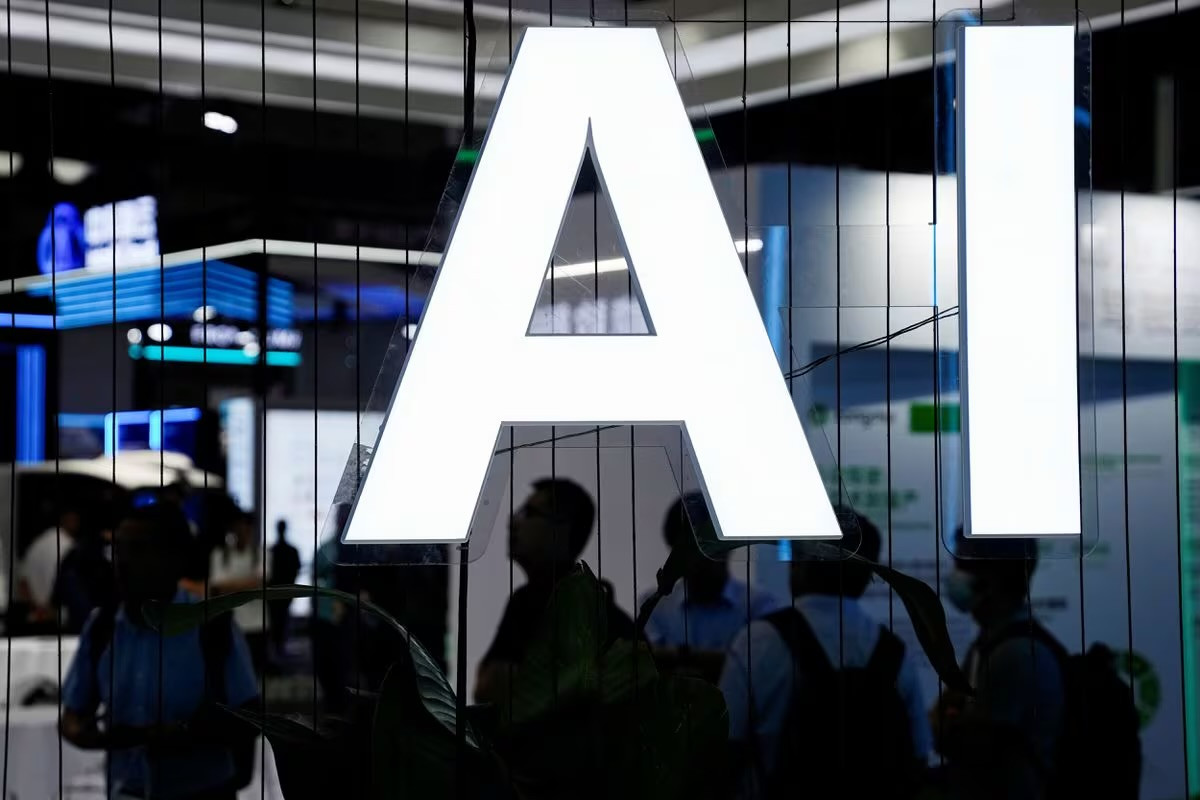
Artificial intelligence (AI) is revolutionising the world we know. It is transforming every field of our life. In many developed and developing countries, AI-powered traffic systems effectively address issues such as rule violations, traffic jams, and wrong-way driving.
However, Karachi, an ever-expanding metropolitan city, remains a traffic nightmare, partly due to reliance on outdated, manual methods to manage traffic, even though signals are installed across the city. This reliance not only disrupts traffic flow but also encourages violation of rules with impunity.
According to a survey conducted by The Express Tribune, the metropolis has 92 installed traffic signals. Most of these, however, are non-operational, as the Traffic Police manually control intersections by shutting down the signals. The Traffic Engineering Bureau is responsible for installing and maintaining these signals, but the Traffic Police have authority over their operation.
An officer from the Traffic Engineering Bureau, while speaking to The Express Tribune, said that keeping traffic signals functional could reduce congestion. For over two decades, however, the practice of disabling signals on main roads has persisted, leading to flagrant disregard for traffic rules among Karachiites.
Although there are signal-free corridors in the city, the lack of public awareness about road safety and education is a big challenge. This has resulted in growing instances of wrong-way driving and speeding. The officer added that the erosion of respect for traffic signals is now deeply ingrained in the city's driving culture. The adoption of modern technology is necessary to check this lawlessness.
Professor Dr Mir Shabbar Ali, Head of the Department of Civil Engineering and Architecture at Sir Syed University, said that AI has the potential to resolve Karachi's traffic woes. AI-driven systems have already been implemented in cities like Lahore, showing promising results, he told The Express Tribune. Dr Ali said that Karachi could adopt a similar system - one equipped to collect data on vehicle information, monitor traffic flow, and detect rule violations through advanced software and AI-enabled cameras.
This Intelligent Transportation System would integrate traffic signals with cameras that can record violations, such as speeding and wrong-way driving, while also reading vehicle registration numbers, Dr Ali said. "Videos of traffic movement could serve as evidence for law enforcement, ensuring accountability and promoting adherence to traffic laws."
Yousuf Iqbal, Senior Director of the Traffic Engineering Bureau, revealed to The Express Tribune that an agreement is being finalised with NED University to design and implement an AI-based traffic management system. Engineers from NED University will develop software capable of automating traffic control, identifying violations, and issuing challans (fine tickets) directly to vehicle owners.
The system will be introduced on a pilot basis on two major roads before its expansion citywide. A centralised command and control centre will monitor traffic and send reports of violations to the DIG Traffic Office, Karachi Commissioner, and the Urban Engineering Department of NED University. This centralised approach aims to ensure transparency and establish an effective system of checks and balances.


1732434981-0/BeFunky-collage-(10)1732434981-0-165x106.webp)

1737358562-0/BeFunky-collage-(63)1737358562-0-165x106.webp)

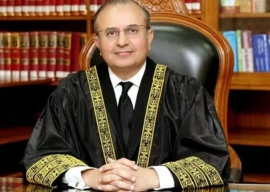
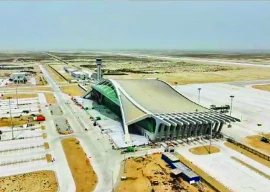



1737188551-0/Untitled-design-(97)1737188551-0-270x192.webp)
1737185197-0/Express-Tribune-(2)1737185197-0-270x192.webp)
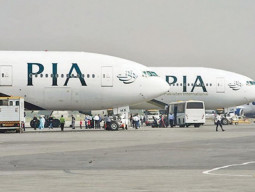
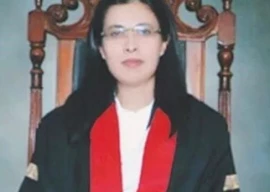








COMMENTS
Comments are moderated and generally will be posted if they are on-topic and not abusive.
For more information, please see our Comments FAQ